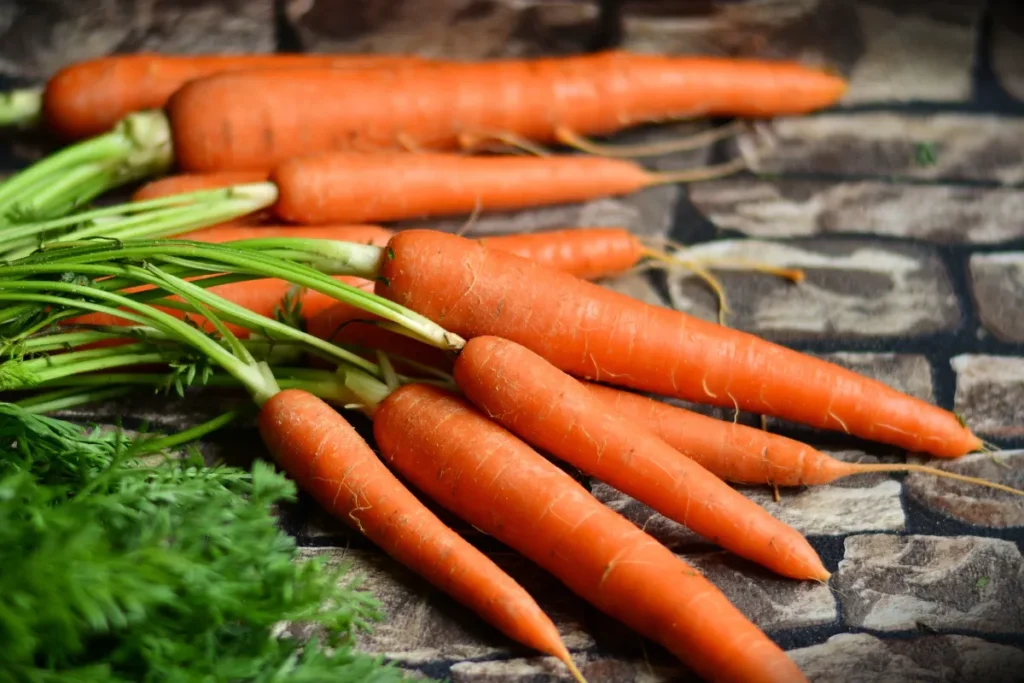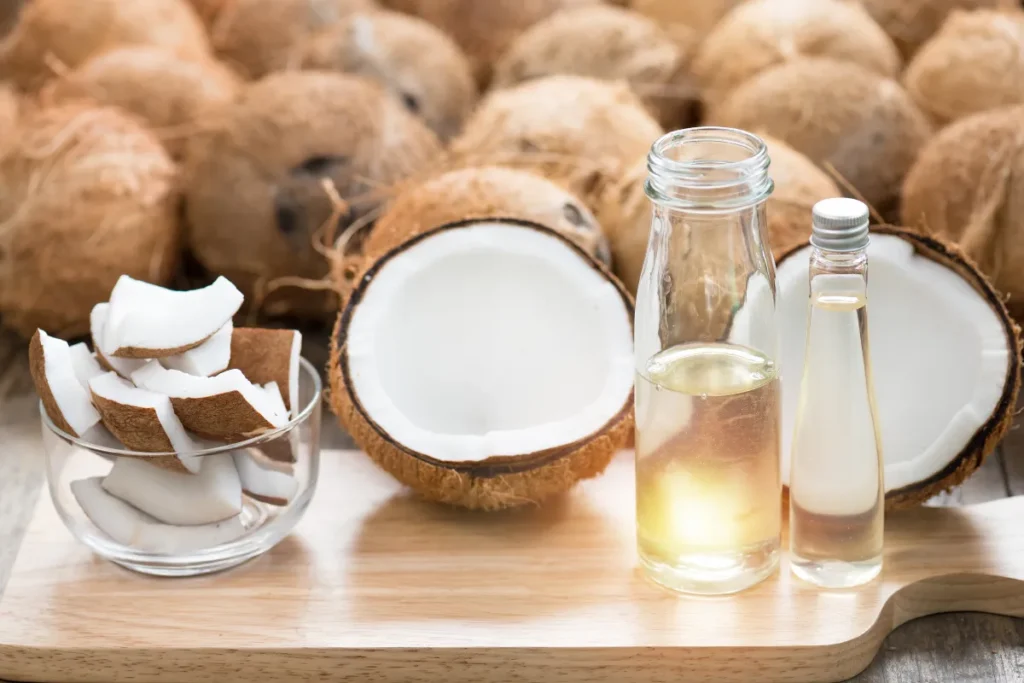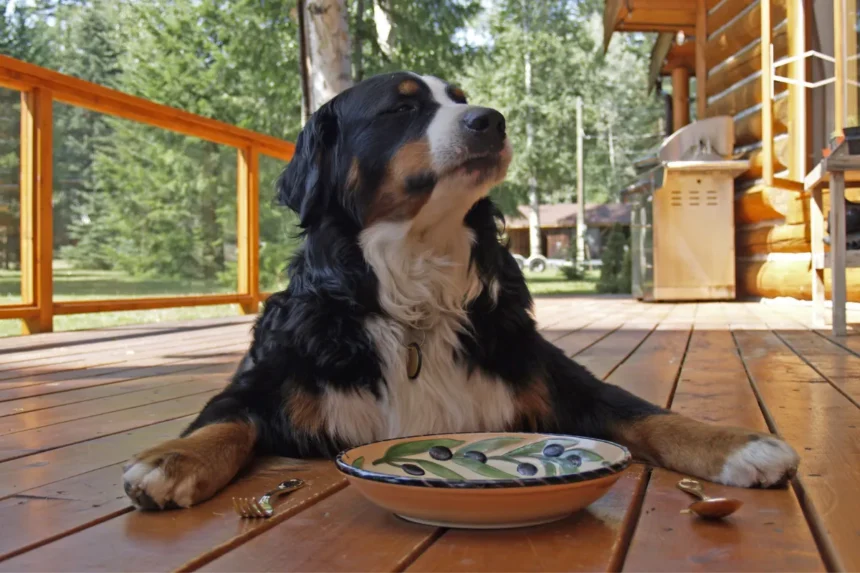Bad breath in dogs, also known as halitosis, is a common issue that can be caused by various factors such as poor oral hygiene, diet, or underlying health problems.
Fortunately, there are certain foods that can help improve your dog’s breath naturally.
Incorporating these foods into your dog’s diet can not only freshen their breath but also contribute to their overall health.
Here are five foods that can cure your dog’s bad breath, making those puppy kisses much more enjoyable.
Ingredients
1. Carrots
- Rich in vitamins A and C
- Contains fiber
2. Apples
- High in fiber and vitamin C
- Contains natural breath-freshening properties
3. Parsley
- Known for its deodorizing properties
- Contains chlorophyll
4. Yogurt
- Probiotic-rich
- Contains calcium
5. Coconut Oil
- Contains antibacterial properties
- Rich in healthy fats
Instructions
Carrots

Chop fresh carrots into bite-sized pieces and offer them as a crunchy treat.
Carrots help scrape away plaque and tartar, promoting oral hygiene.
Apples

Slice apples into thin wedges, removing the seeds and core.
Apples can freshen breath due to their natural acidity and fiber content.
Parsley

Finely chop fresh parsley and sprinkle a small amount over your dog’s regular food.
Parsley acts as a natural breath freshener and is safe in moderate amounts.
Yogurt
Serve a spoonful of plain, unsweetened yogurt to your dog.
The probiotics in yogurt help balance the bacteria in your dog’s mouth and gut, improving breath.
Coconut Oil

Add a teaspoon of coconut oil to your dog’s food or let them lick it off a spoon.
Coconut oil’s antibacterial properties can help reduce bad breath-causing bacteria.
Nutritional Facts
Carrots (1 medium carrot)
- Calories: 25
- Protein: 0.6g
- Fat: 0.1g
- Carbohydrates: 6g
- Fiber: 1.7g
Apples (1 medium apple)
- Calories: 95
- Protein: 0.5g
- Fat: 0.3g
- Carbohydrates: 25g
- Fiber: 4.4g
Parsley (1 tablespoon)
- Calories: 1
- Protein: 0.1g
- Fat: 0g
- Carbohydrates: 0.2g
- Fiber: 0.1g
Yogurt (1 tablespoon)
- Calories: 8
- Protein: 0.5g
- Fat: 0.4g
- Carbohydrates: 0.6g
- Calcium: 25mg
Coconut Oil (1 teaspoon)
- Calories: 40
- Protein: 0g
- Fat: 4.5g
- Carbohydrates: 0g
FAQs
1. Can all dogs eat these foods?
Most dogs can enjoy these foods, but it’s important to introduce any new food gradually and monitor for any adverse reactions. Consult your veterinarian if you have concerns.
2. How often should I give these foods to my dog?
These foods can be given as daily treats or supplements to their regular diet. Moderation is key to avoid any digestive issues.
3. Are there any foods that I should avoid giving my dog for bad breath?
Avoid foods with high sugar content, artificial additives, and those that are known to be toxic to dogs, such as onions, garlic, and grapes.
4. Can these foods replace regular dental care?
No, these foods are not a substitute for regular dental care. Brush your dog’s teeth regularly and schedule routine veterinary check-ups.
5. What if my dog has a medical condition?
If your dog has a medical condition or dietary restrictions, consult your veterinarian before introducing any new foods to their diet.

